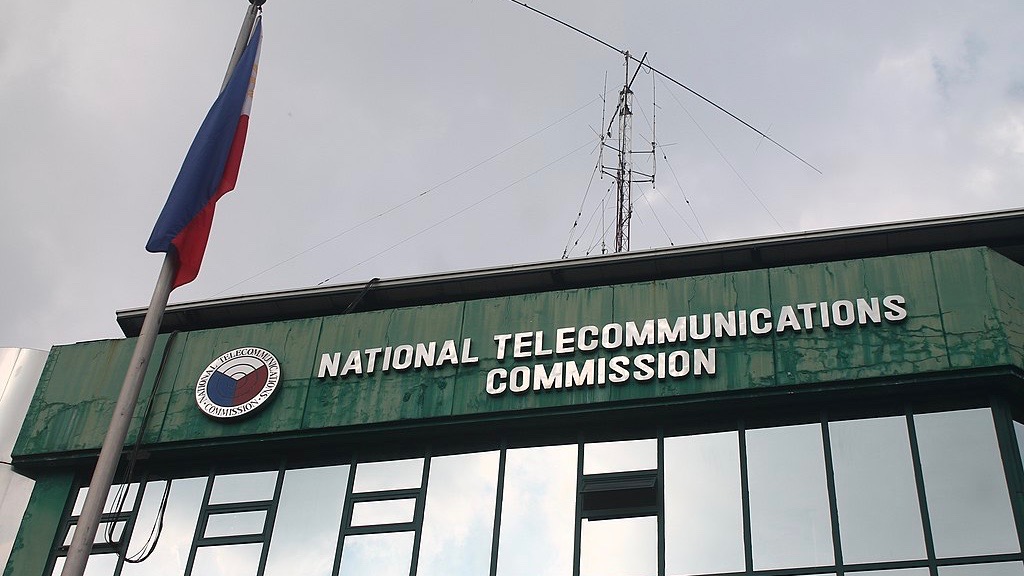Over two dozen progressive media websites were banned in the Philippines after being accused by security officials of having links with “terrorist” groups. 28 websites were blocked on Wednesday, June 22, by the National Telecommunications Commission (NTC) based on a letter by outgoing National Security Adviser and National Security Council (NSC) chief Hermogenes Esperon Jr.
The letter, which was forwarded to the NTC on June 6 and published on June 22 along with the ban order, listed websites supposedly “affiliated to and are supporting … terrorists and terrorist organizations.” The “terrorist” organization in question is the banned Communist Party of the Philippines (CPP) and its affiliates.
The letter listed websites of CPP leader Jose Maria Sison and that of the party’s political arm, the National Democratic Front of the Philippines (NDFP). It also included NDFP’s official mouthpiece Liberation and various pro-Maoist and radical communist websites.
The NDFP, which previously functioned as a legal political advocacy group, was designated as a terrorist group in June 2021 by the controversial Anti-Terrorism Council, based on the controversial anti-terror law passed under the Rodrigo Duterte administration.
NDFP members and leaders, many of whom were former communist militants who gave up arms and even served as negotiators for the CPP during the aborted peace process with the Philippines government, have since faced several rounds of political repression due to the “terrorist” tag.
Alarmingly, the recent list also targets progressive groups over unsubstantiated allegations of association with the CPP and NDFP. Only seven of the 28 websites named in Esperon’s list either have an CPP-NDFP association or an ATC resolution claiming their links to the communist group.
Prominent alternative news platforms like Bulatlat and Pinoy Weekly, the websites of progressive parliamentary coalition Bayan Muna, fisherfolk union Pamalakaya Pilipinas, Save Our Schools Network (SOS Network), and Federation of Agricultural Workers (UMA Pilipinas), and international progressive new media groups like CounterPunch and Monthly Review are on the list despite having no known links to the militant communist movement.
The only basis provided in Esperon’s letter to the NTC was the past three resolutions deeming the CPP, NDFP, and CPP’s armed wing New People’s Army (NPA) as “terrorist” organizations. None of these resolutions mention any of the other groups or websites banned, many of which function legally as political and social movements in the country.
Social movements and progressive groups have responded with outrage against the blocking of these websites. The move comes with barely a week left in the Duterte administration and it is feared that this will lead to further attacks on independent media and social movements organizing in the country.
In a statement responding to the government’s actions, Bulatlat condemned the “brazen violation of our right to publish, and of the public’s right to free press and free expression.” The media platform stated that the ban was “downright unacceptable” as it was based on “mere hearsay” of the NSC, and argued that this “sets a dangerous precedent for independent journalism in the Philippines.”
“Blocking access to these sites leave a gap in discourse and in the flow of information and highlights the threats posed by the Anti-Terrorism Law on the freedom of expression and on freedom of the press,” said the National Union of Journalists in the Philippines (NUJP), echoing Bulatlat’s concerns.
The NUJP reacted to the blocking of Bulatlat and Pinoy Weekly saying that conflating criticisms of government policies with outright association with militant groups is “dangerous.”
“We have repeatedly warned against the dangers of red-tagging and how the practice paints groups and people as legitimate targets for threats, harassment and physical attacks,” the NUJP said in its statement. “This labeling, in the form of an official government document, magnifies that danger even more.”
“A mere conclusory statement that one is affiliated with and supporting ‘terrorists and terrorist organizations’ without competent, credible and admissible evidence is arbitrary and therefore has no legal leg to stand on,” said Josa Deinla, spokesperson for the National Union of Peoples’ Lawyers (NUPL), which will be representing Bulatlat in their petition against the order.
Bayan Muna also strongly rejected the order. Bayan Muna’s Renato Reyes urged telecommunication service providers “to reject these illegal and baseless orders from the NTC and National Security Council” of banning the websites.
“Blocking (websites of alternative media platforms) and red-tagging the listed organizations undermines their work as legitimate groups and sets a precedent for other organizations critical of the Duterte and Marcos regimes,” said Neri Colmenares, former legislator and chairperson of Bayan Muna. “It also sends a chilling effect to news agencies that fearlessly deliver the news no matter how devastating it can be.”
Carlos Zarate, deputy minority leader in the House of Representatives and floor leader of Bayan, also came down heavily on the move, calling it “another throwback to martial rule era and a blatant violation of the constitutionally-guaranteed rights to freedom of expression and of the press.”





